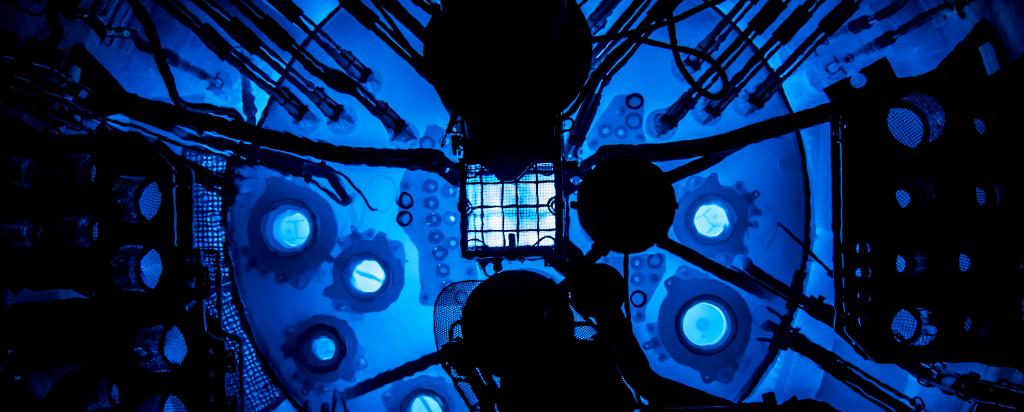
Role at ANSTO
Lidia is involved in the development of new radiotracers and radiopharmaceuticals at ANSTO. She specialises in the radiolabelling of small molecules, peptides and macromolecules with radiohalogens, particularly fluorine-18, for preclinical evaluation. Lidia works on commercial and academic radiochemistry projects and regularly collaborates with universities through the supervision of postgraduate students.
Research interests and areas of expertise
Lidia completed a PhD in organic and medicinal chemistry at the University of Wollongong in 2011. During her research career at ANSTO, she has focussed on the development of radiopharmaceuticals for cancer and neurological disorders. In 2012 she was awarded an Early Career Fellowship to work at Centre Cyceron (Caen, France) on the development of new PET imaging agents to diagnose stroke.
Lidia’s research interests include developing faster, more efficient methods of radiolabelling molecules and the development of novel 18F-prosthetic groups for incorporation into radiotracers.
Lidia has expertise in radiolabelling using conventional techniques and automated radiosynthesis modules, microfluidic flow chemistry, radiolabelling optimisation, radiotracer production for preclinical studies, radiotracer characterisation, organic synthesis and student supervision.
Qualifications & Achievements
- PhD (Chemistry), University of Wollongong (2011)
- Bachelor of Medicinal Chemistry (Honours), University of Wollongong (2006)
- France-Australia Science Innovation Collaboration Early Career Fellowship (2012)
- Fresh Science NSW Award (2016)
- HOPE Fellow, Japan Society for the Promotion of Science (2017)
- RACI Rita Cornforth Lectureship (2017)
Committees, Affiliations & memberships
- Visiting Fellow, University of Technology Sydney
- Member of the Royal Australian Chemical Institute (MRACI CChem)
- Member of Women in Nuclear
